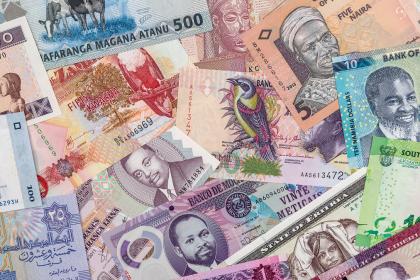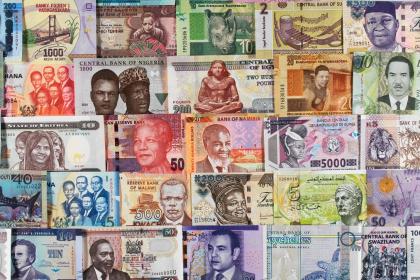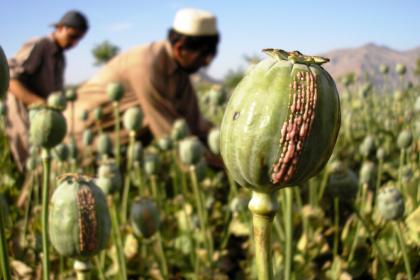Africa is estimated to lose substantial resources through illicit financial flows (IFFs). These flows originate from several sources: revenues from illegal activities, tax avoidance, abusive profit-shifting, trade mis-invoicing, corruption, and others.
IFFs divert resources from social development and raise serious problems for financing development in Africa. These risks have been recognized in the 2030 Agenda for Sustainable Development, specifically in target 16.4 of the Sustainable Development Goals (SDGs).
The Addis Ababa Action Agenda on financing for development also calls for redoubling efforts to substantially reduce IFFs by 2030. The Action Agenda invites the "appropriate international institutions and regional organizations to publish estimates of the volume and composition of illicit financial flows." However, there is no globally-accepted methodology to monitor IFFs. The lack of reliable, objective evidence can hinder policy interventions and undermine possibilities to tackle the problem.
This project, implemented by UNCTAD and ECA in collaboration with UNODC and ECLAC, will focus on developing a statistical methodology to estimate IFFs with an aim to:
- Gain knowledge on the size of IFFs and their origins.
- Provide evidence for a targeted and effective policy response.
- Improve the participating countries' capacity to measure IFFs over time, and monitor the impact of policies put in place to reduce these flows.
The statistical methodology and the insights from its pilot testing in nine African countries will be published as part of the project. The pilot testing will provide feedback to the development of a globally-agreed methodology to measure IFFs and the related SDG indicator 16.4.1, for which UNCTAD and UNODC are custodian agencies.
The policy implications will be discussed with experts and presented at intergovernmental platforms for policy action.
Objective
To strengthen statistical capacity of African governments and other stakeholders to define, measure and disseminate statistics on IFFs that would enhance the data infrastructure required for the 2030 Agenda for Sustainable Development, and support evidence-based policy recommendations in this area.
Link to the SDGs:
Promote peaceful and inclusive societies for sustainable development, provide access to justice for all and build effective, accountable and inclusive institutions at all levels.
- Target 16.4 - By 2030, significantly reduce illicit financial and arms flows, strengthen the recovery and return of stolen assets and combat all forms of organized crime.This includes the development of methodologies to measure the SDG indicator 16.4.1 "Total value of inward and outward illicit financial flows (in current United States dollars)".
- Target 16.5 - Substantially reduce corruption and bribery in all their forms.
Strengthen the means of implementation and revitalize the global partnership for sustainable development.
- Target 17.1 - Strengthen domestic resource mobilization, including through international support to developing countries, to improve domestic capacity for tax and other revenue collection.
Planned activities:
- Conduct research on methodological approaches to the measurement of IFFs.
- Host international expert group meetings to discuss and agree on the concepts and methodologies for the measurement of IFFs.
- Organize national workshops to discuss challenges, relevant types of IFFs and options to assess them at the national level.
- Draft guidelines for the development, collection, harmonization and processing of data required for the measurement of IFFs.
- Pilot test the agreed methodologies to measure IFFs in nine African countries, and refine the guidelines based on the results.
- Organize workshops to build capacity for IFF data collection, compilation and dissemination, and to follow-up on the results achieved.
- Share the findings and results at statistical and policy fora to promote the measurement of IFFs and evidence-based policy action in support of the 2030 Agenda, target 16.4.
The following is a playlist of nine videos on concepts related to tax and commercial IFFs, as well as crime related IFFs.
Downloads:
- Methodological guidelines to measure tax and commercial illicit financial flows - Methods for pilot testing and related documents.












